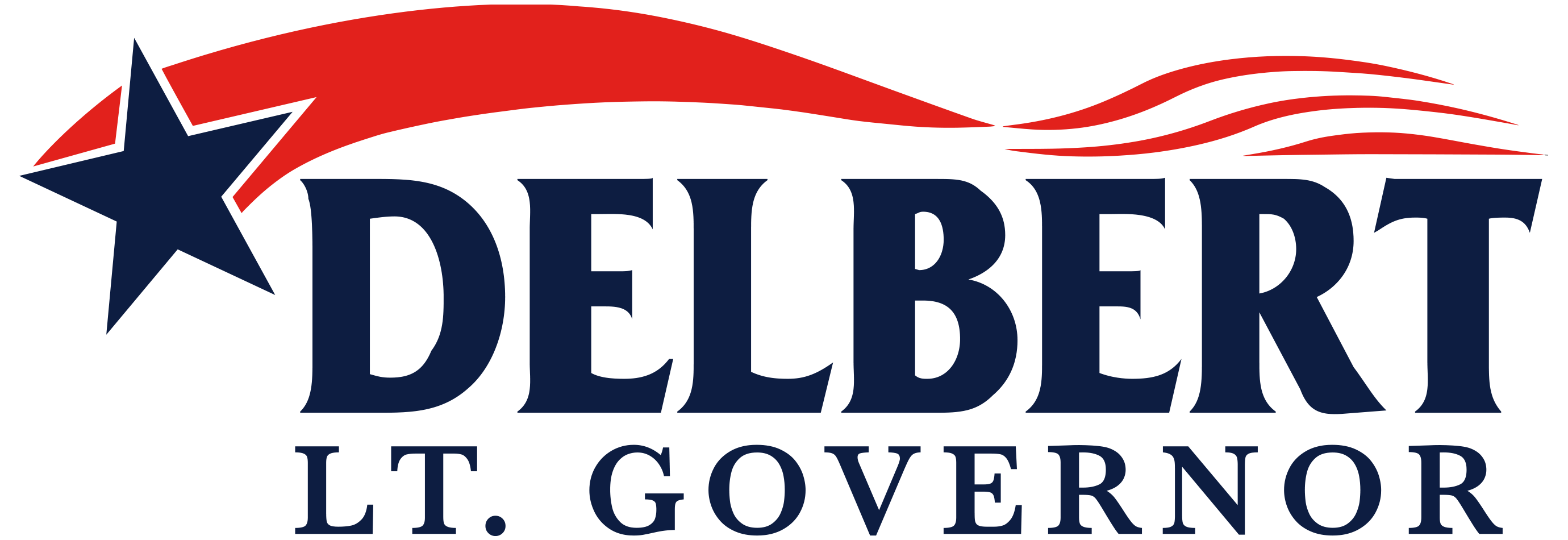Jackson, Miss. (AP) – With a big campaign fund and a well-known name statewide, Delbert Hosemann is focused on the general election for Mississippi lieutenant governor. But he does have a challenger on Aug. 6 for the Republican nomination — Shane Quick of DeSoto County.
Hosemann, after three terms as secretary of state, seeks to ascend to a powerful office that traditionally controls the state Senate. He’s pledging yearly pay raises for teachers, a broad expansion of Mississippi’s preschool program for 4-year-olds, more focus on career training and community college, and improved roads and bridges.
“We can run the government better,” said Hosemann. “Those savings that come from running the government better are going into transportation and infrastructure.”
Along those lines, he touts his management of the secretary of state’s office, both in cutting expenses as well as in improving technology and service. He promises to be “way up in the state agencies” examining their spending and success in meeting goals.
Hosemann said he wants to improve career technical education, as well as college classes offered to high school students on a dual-enrollment basis. While he said too few Mississippi students earn college degrees, Hosemann said “the other 70% need a meaningful economic job.” He also indicated he supports expanded free tuition for community college, already available to students in some counties.
Hosemann is noncommittal on whether he supports expanding the state-federal Medicaid health insurance program to currently uninsured adults. He said he hasn’t evaluated a proposal by the Mississippi Hospital Association to require beneficiaries and hospitals to cover the state’s costs. However, he says “there has to be some economic contribution by anyone receiving health care, anyone who can possibly afford it.”
Quick, a first-time candidate who works in health care, is running a low-budget campaign focused on tea party and libertarian themes.
Hosemann had raised $883,000 this year through June 30, spent $520,000, and had $3 million on hand thanks to fundraising in prior years. By contrast, Quick had raised $101 and spent none of it. Quick said a lack of contributions from companies and lobbyists will enable him to “truly represent the common man’s point of view.” He also touts his lack of political experience as “part of the foundational basis of my candidacy.”
Quick says he wants to judge proposed legislation based on whether it’s acceptable “to the common, law-abiding citizen.”
“Is this bill or legislation infringing on my rights, freedom or liberty?” is the test Quick says he would use.
Quick says he favors allowing public money to be spent on private schools and says he favors competition as a way to drive down health care costs and expand access. Quick said he lost much of his hearing following a flu shot, calling himself a victim of vaccine injury.
“I am not an anti-vaccine person. I am a vaccine-injured person who recognizes that some things need to be different about our policy,” he said.
In November, the Republican nominee will face Democrat Jay Hughes of Oxford, a one-term state representative who is unopposed for his party’s nomination.

